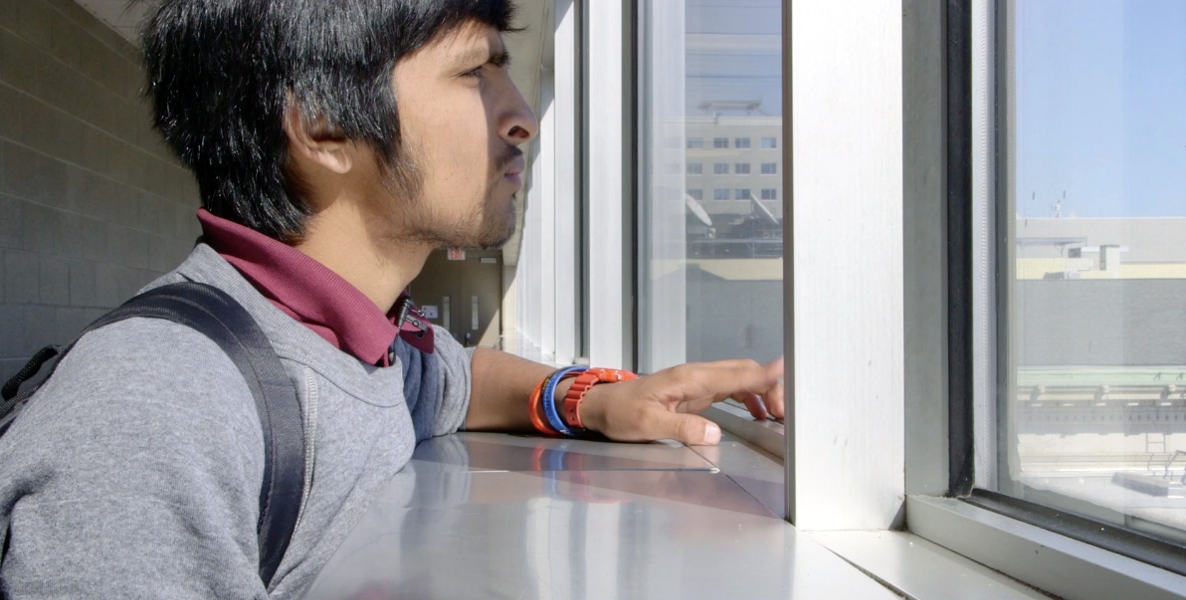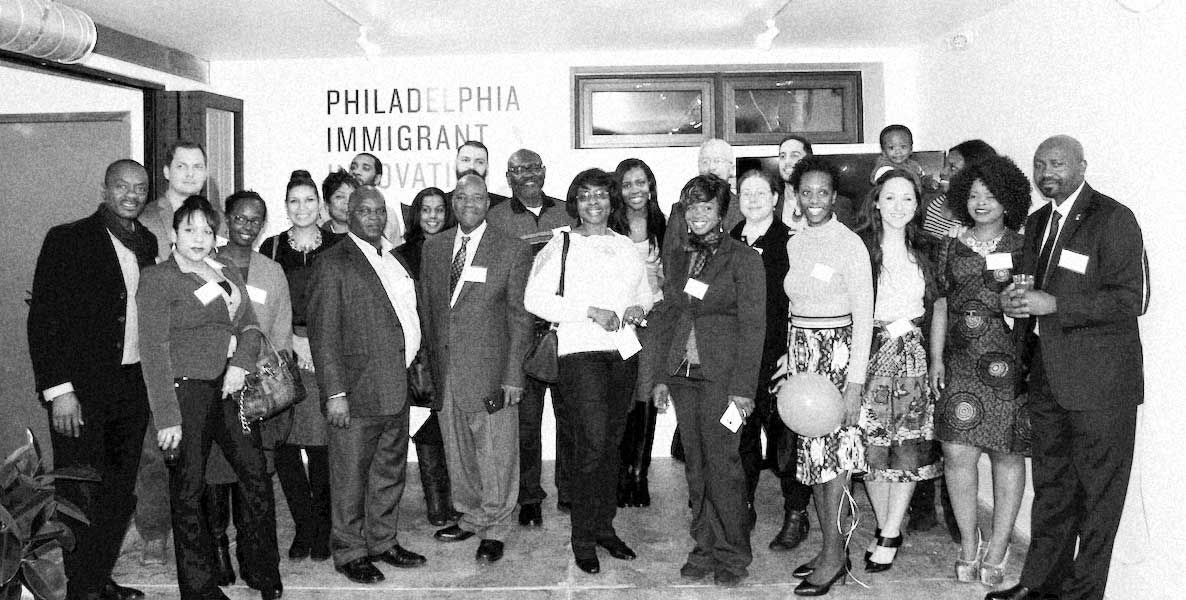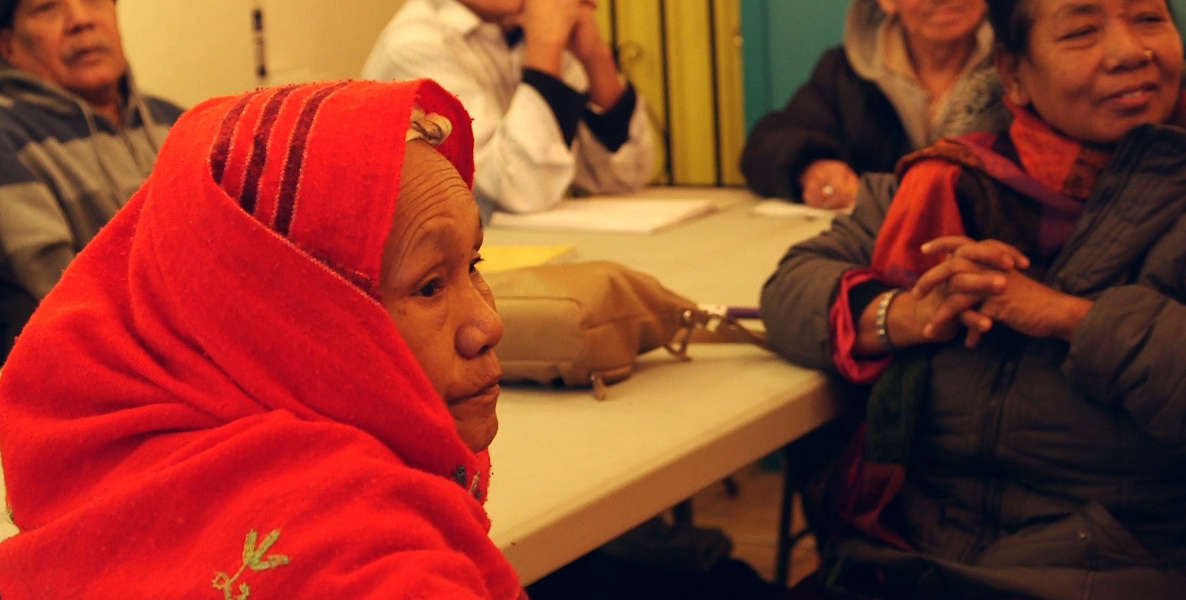Peggy Fulda, a social worker and clinical case manager at the Philadelphia Refugee Mental Health Collaborative, describes her work as “finding people more people.”
“When you become a refugee, you lose your people,” Fulda says. “You can’t take them with you.”
Each year about 850 to 900 refugees from all over the world are resettled in Philadelphia. And while they can bring very little from their homeland to their new life, they carry with them a past full of trauma, persecution and fear. When they move here, to a new country, a new city, and a new culture, the transition often exacerbates the already existing issues.
![]() The PRMHC was launched in 2011, by a group of refugee resettlement agencies, the city’s hospitals and universities, and various city agencies, to address the issues facing this community—isolation, loneliness, cultural misunderstanding, and intense stress of having no tools to navigate their new life. It offers literacy and English classes, a free space for cultural gatherings, and access to staff who help refugees navigate housing, benefits, job interviews, doctors appointments and other daily challenges.
The PRMHC was launched in 2011, by a group of refugee resettlement agencies, the city’s hospitals and universities, and various city agencies, to address the issues facing this community—isolation, loneliness, cultural misunderstanding, and intense stress of having no tools to navigate their new life. It offers literacy and English classes, a free space for cultural gatherings, and access to staff who help refugees navigate housing, benefits, job interviews, doctors appointments and other daily challenges.
The PRMHC operates from Southeast by Southeast, a colorful storefront located at 8th and Snyder in South Philadelphia. Southeast by Southeast started as a popup project organized with the city’s Mural Arts Program, but within a few days, more than 40 refugees came in to see what was offered at the center. Instead of closing after six months, Southeast by Southeast is about to celebrate its five-year anniversary. It serves about 400 people per year, and is trying to reach even more.
Now the center is in danger of shutting down due to the unexpected closure in May of Lutheran Family Services, through which it had received about $40,000 of its annual budget. Without it, some of Philadelphia’s most vulnerable residents may become even more alone.
Correction: An earlier version of this story said Lutheran Family Services shut down last month. It is closing in May. It also said Southeast by Southeast was in danger of closing; only PRMHC is at risk.







